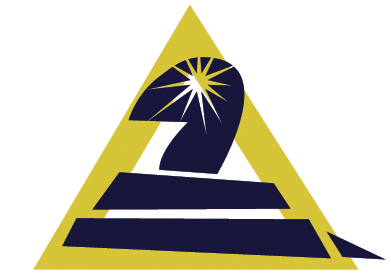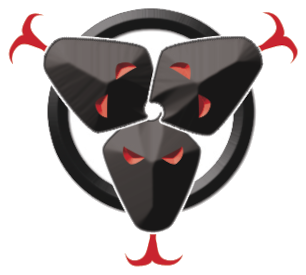Optimal results in an uncertain world
Optimal results in an uncertain world
Uncertainty quantification can unlock the difference between success and failure.
Learn more and start today
ABOUT THE FOUNDATION
The Uncertainty Quantification Foundation is a nonprofit dedicated to the advancement of predictive science through research and education.
Mission
Uncertainty quantification turns unknowns into information that enables better solutions. We support the development and dissemination of advanced tools and technologies for uncertainty quantification. We strive to broaden the study and application of uncertainty quantification to pave the way for discoveries and innovations in complex real-world problems.
Community
We are scientists, engineers, and statisticians specializing in uncertainty quantification and statistical science. The Uncertainty Quantification Foundation connects specialists with industry and research institutions to share ideas, exchange technologies, and improve solutions. We have a passion for solving difficult problems and we develop the tools to do so.
Research
Uncertainty quantification (UQ) is a burgeoning field, however many people are still unfamiliar with what it is, or how to apply it. We work with industry and research institutions to further the growth of UQ and supporting technologies. We provide research support, development, and technology transfer. We believe in open source and transparency in research.
Education
Uncertainty quantification (UQ) can dramatically increase predictive accuracy, provide design optimization, and foster rapid solution improvements in a world filled with unknowns. However, UQ requires a paradigm shift in thinking to apply it successfully. We provide workshops, trainings, and research support to assist in the application of UQ and supporting technologies.
Everything has uncertainty
Uncertainty is an innate part of the real world and effects almost all aspects of engineering design, modeling, and risk.
Often, inputs or outputs in physical experiments can be unknown, hard to measure, or have errors. Data may be statistical, probabilistic, or have innate randomness. In order to solve problems, assumptions and approximations are often made, even when they are difficult to verify and validate.
We leverage quantified uncertainty as critical information in the decision making process, and thus enable better decisions and reduce risk.
You already use UQ.
Uncertainty quantification (UQ) formally addresses unknowns in statistical science. Quantification ultimately is the ability to express all information in a problem in a mathematical or computational form. UQ is the expression of uncertainty, or what is only statistically known, in a form that can inform a solution. Many commonly used statistical technologies fall under the umbrella of UQ, including: risk analysis, engineering design, Monte Carlo sampling, Bayesian inference, and machine learning.
UQ can enable you to use the entirety of your knowledge about the quantities you care about, in the construction of better predictive models, the design of better experiments, and the advancement of science.
How can we help you?
At UQ Foundation, we have a broad range of expertise that supports all facets of uncertainty quantification.
Featured Technology
Mystic Optimization Framework
The Mystic framework provides a collection of optimization algorithms and tools that allows the user to more robustly (and easily) solve hard optimization problems.
>> Learn More
Pathos Framework
Pathos is a framework for heterogeneous computing. It provides a consistent high-level interface for configuring and launching parallel computations across heterogeneous resources.
>> Learn More
Explore how UQ Foundation can help you achieve optimal results
Trainings & Workshops
We teach hands-on workshops and training courses on a variety of topics that are needed for uncertainty quantification. You can pick from a set of modules to customize your own experience to meet your needs, or you can pick from one of our standard courses.
>> Contact Us
Research Partnerships
Have you ever wanted to leverage advanced technologies and expertise in UQ, but don't know where to turn? Contact us, and we can help you find the best research partner for your grant or contract.
>> Contact Us
Expertise & Project Support
You'd like to leverage UQ and UQ technologies, but don't know how? Contact us, and talk to one of our experts about how the Foundation can help you get the most out of your data and streamline your process.
>> Contact Us



